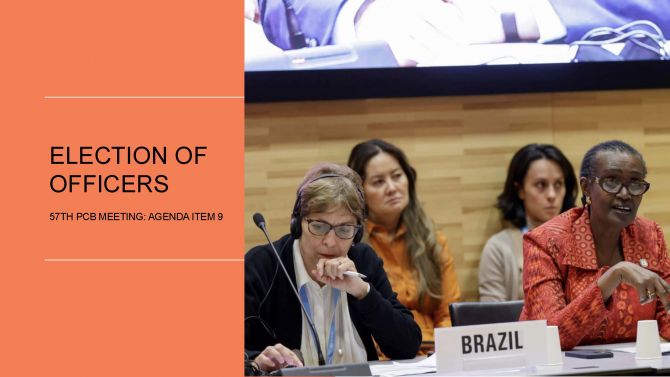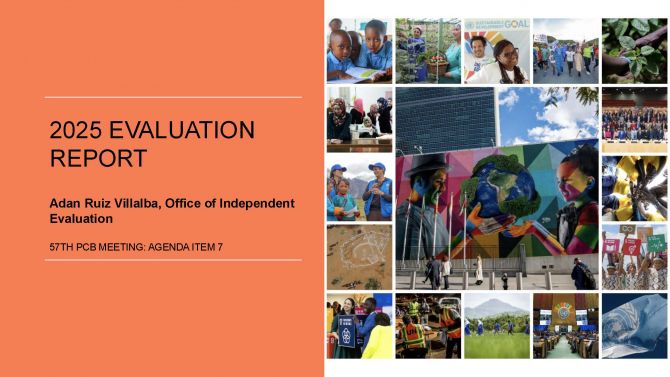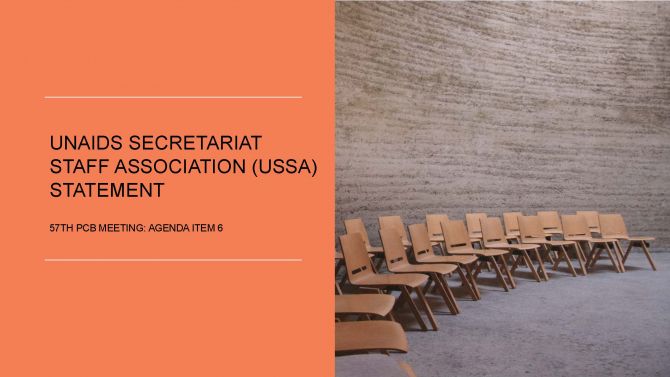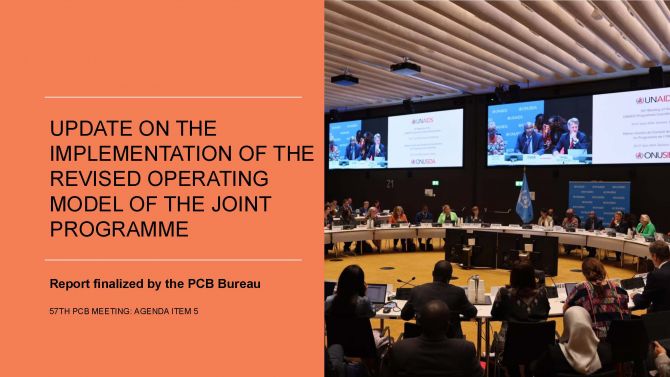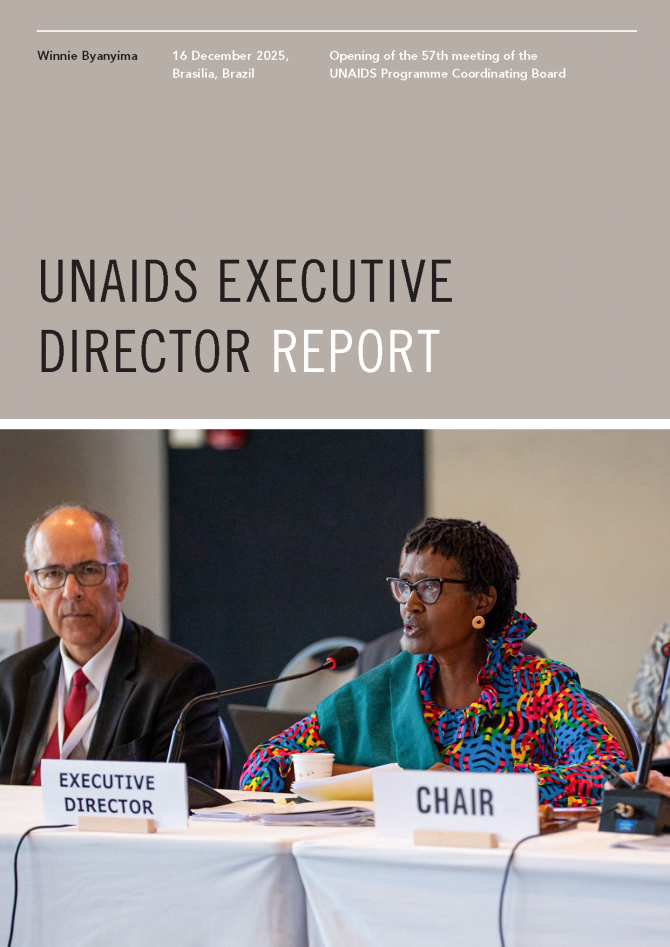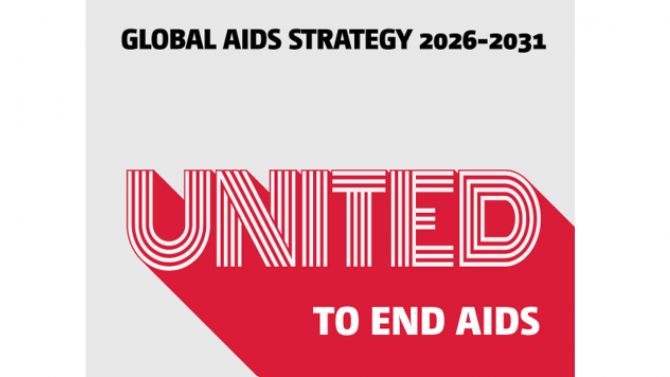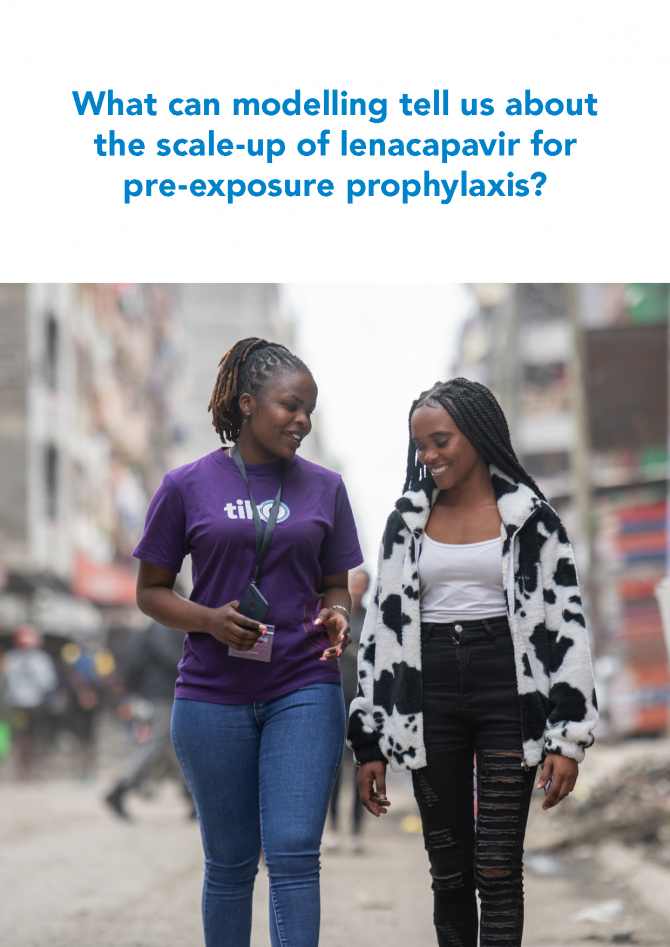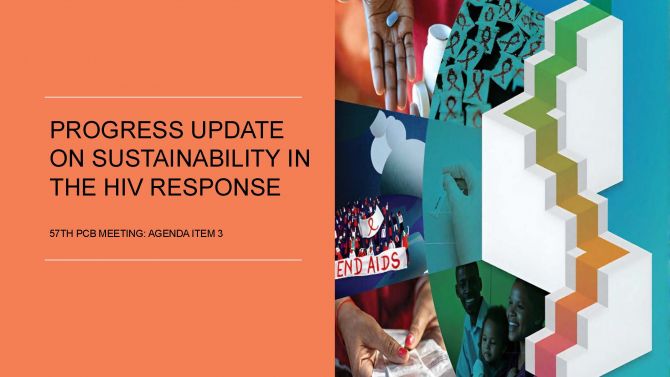
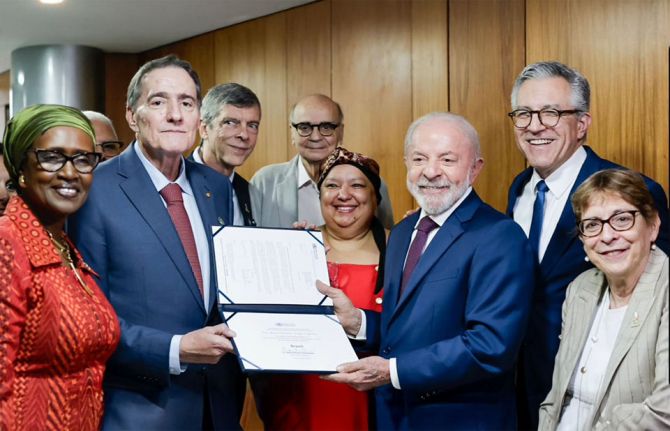
Press Statement
UNAIDS congratulates Brazil for eliminating vertical transmission of HIV
18 December 2025 18 December 2025GENEVA, 18 December 2025–UNAIDS congratulates Brazil in attaining the certification for the elimination of mother-to-child transmission (EMTCT) of HIV as determined by the World Health Organization.
“I am delighted that Brazil has just been certified by WHO-PAHO for eliminating vertical transmission – the first country of more than 100 million people to do so,” said Winnie Byanyima, UNAIDS Executive Director.
“They did it by doing what we know works: prioritising universal healthcare, tackling the social determinants that drive the epidemic, protecting human rights, and even when necessary breaking monopolies to secure access to medicines.”
WHO develops and regularly updates guidance on the criteria and processes for validation of EMTCT of HIV, syphilis and/or Hepatitis B virus. Since 2015, Member States have been able to apply for validation for achieving the reduction of mother-to-child transmission to a level where it is no longer a public health threat or problem.
In the Americas, WHO recognized the dual elimination for Cuba in 2015, Anguilla, Antigua and Barbuda, Bermuda, Cayman Islands, Montserrat, and St. Kitts and Nevis in 2017, and Belize, Jamaica and Saint Vincent in 2024. More recently, the Maldives achieved ‘triple elimination’ of hepatitis B, HIV and syphilis – the first country ever to do so.
A study by Fundação Oswaldo Cruz (Fiocruz), Brazil’s leading public health research institute, found that the Bolsa Família cash transfer program was linked to significant reductions in AIDS cases and deaths among vulnerable women and children. Analyzing data from over 12 million low-income women, Fiocruz reported that the program was associated with nearly halving AIDS incidence and mortality rates, with the greatest impact seen among women facing multiple vulnerabilities, particularly Afro descendant mothers living in extreme poverty.
“Brazil is the largest country in the world to eliminate vertical transmission of HIV. The advances we celebrate reflect a collective, national, and global effort that has consolidated free access to antiretroviral therapy and modern prevention strategies in the country,” said Braziian Minister of Health, Alexandra Padilha. “Today the public health system guarantees comprehensive care for people living with HIV and strives to expand access to even more efficient treatments.”
UNAIDS
The Joint United Nations Programme on HIV/AIDS (UNAIDS) leads and inspires the world to achieve its shared vision of zero new HIV infections, zero discrimination and zero AIDS-related deaths. UNAIDS unites the efforts of 11 UN organizations—UNHCR, UNICEF, WFP, UNDP, UNFPA, UNODC, UN Women, ILO, UNESCO, WHO and the World Bank—and works closely with global and national partners towards ending the AIDS epidemic by 2030 as part of the Sustainable Development Goals. Learn more at unaids.org and connect with us on Facebook, Twitter, Instagram and YouTube.
Contact
UNAIDS GenevaCharlotte Sector
sectorc@unaids.org
UNAIDS Brazil
Thainá Kedzierski
kedzierskith@unaids.org

